Publications
Articles, publications, books, tools and multimedia features from the U.S. Institute of Peace provide the latest news, analysis, research findings, practitioner guides and reports, all related to the conflict zones and issues that are at the center of the Institute’s work to prevent and reduce violent conflict.
Justice and Security in the Middle East and North Africa
USIP’s Colette Rausch discusses the challenges to justice and security in countries undergoing transformations amid recent protests in the Middle East and North Africa.
Syria's Opposition Movement
USIP’s Steven Heydemann discusses the recent developments in Syria. The following is a slightly modified version of his interview with the online magazine, Jaddaliya.
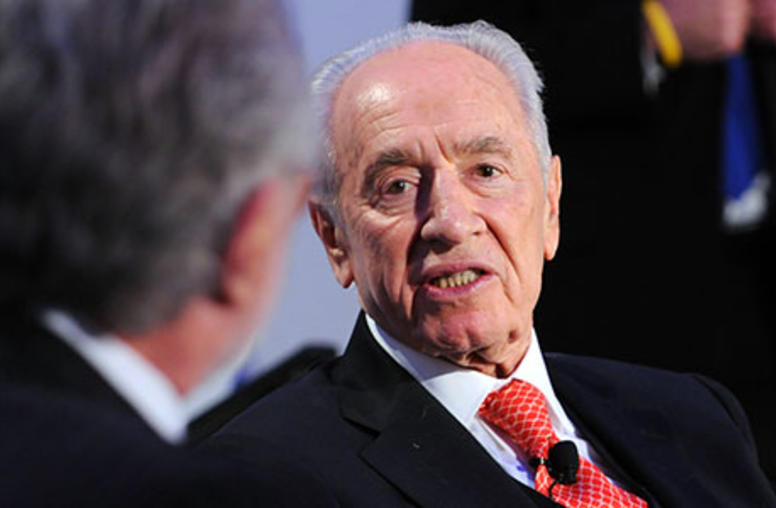
Israeli President Shimon Peres on Middle East Peace
Israeli President Shimon Peres recently spoke at USIP about the prospects for peace in the Middle East and the recent turmoil in the region.
Social Media in the Middle East
USIP's Sheldon Himelfarb talks about the role of social media in the recent uprisings in the Middle East.
Impact of Arab Uprisings
USIP’s Mona Yacoubian explores the impact of uprisings in Tunisia and Egypt on the rest of the Arab world. This "On the Issues" is based on Mona Yacoubian’s remarks at the April 15th annual conference of the Center for the Study of Islam and Democracy.
On the Issues: Arab/Israeli Outlook
December 27, 2009 marked two years since Israel's offensive in Gaza. Direct peace negotiations have stalled but Washington continues its attempts to broker a deal between the two sides. USIP expert Scott Lasensky recaps 2010 and shares expectations for Arab/Israeli negotiations in 2011.
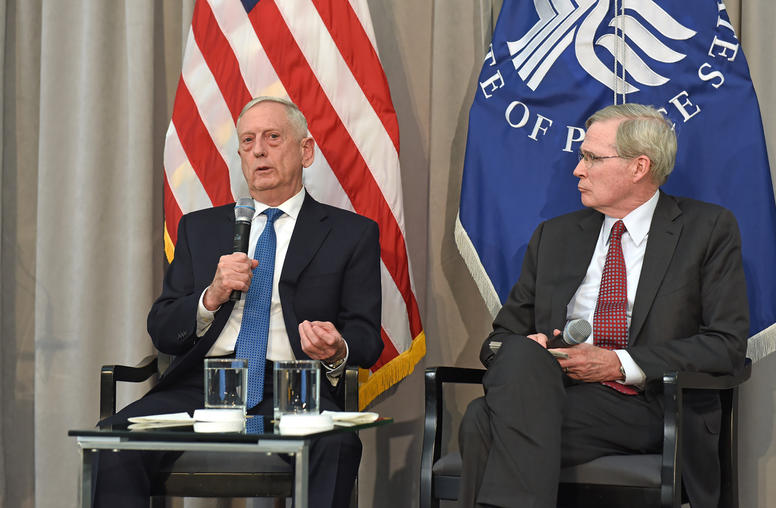
James Mattis: Yemen Needs a Truce Within 30 Days
Secretary of Defense James Mattis yesterday urged combatants in Yemen, including Saudi Arabia and Yemen’s Iran-backed Houthi faction, to negotiate a cease-fire in that war within 30 days while speaking to diplomats, military officers and conflict-resolution specialists at the U.S. Institute of Peace. In a webcast conversation moderated by former national security advisor and USIP Chair Stephen J. Hadley, Mattis also discussed global security challenges facing the United States—from Russia and China, to North Korea—cybersecurity and the need for the developed world to help fragile states improve their governance and address the root causes of extremism.
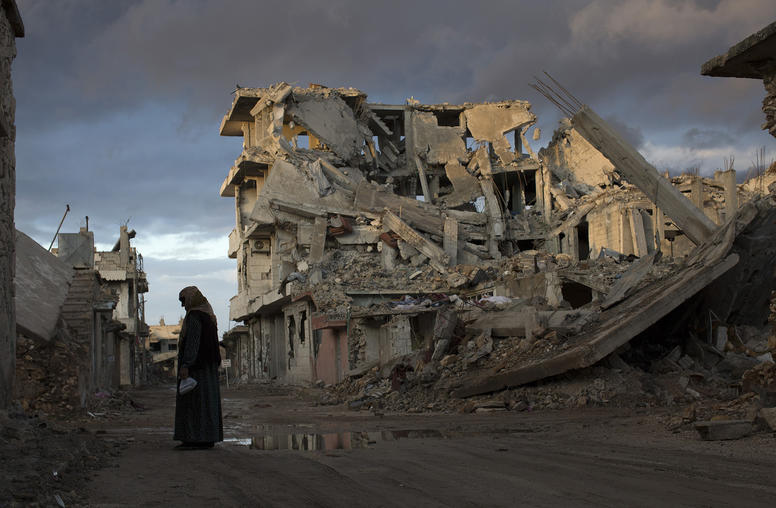
Syria Timeline: Since the Uprising Against Assad
Protests during the 2011 Arab uprisings triggered one of the deadliest wars of the early 21st century. It produced one of the gravest humanitarian crises, as hundreds of thousands were killed, millions fled their homes, and more than half the population relied on aid for daily sustenance.
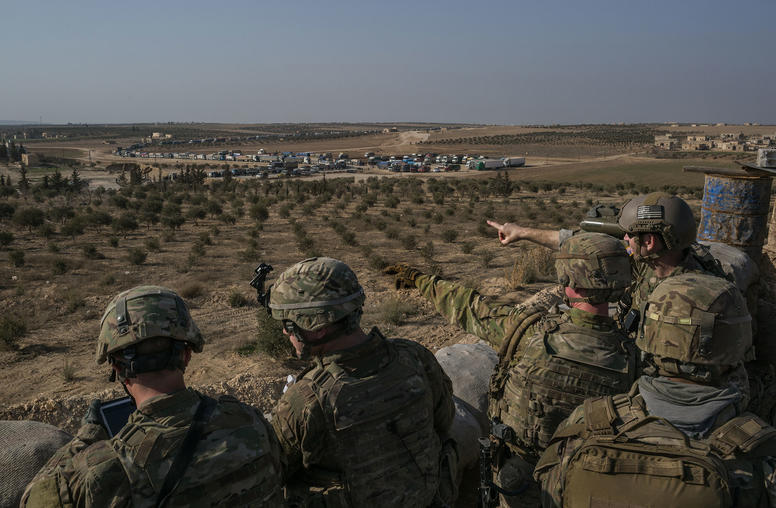
What Does the U.S. Troop Withdrawal Mean for Syria?
On Wednesday, the White House announced that it will “fully” and “rapidly” withdraw the U.S. military presence in Syria, where approximately 2,000 U.S. troops have been stationed in the northeastern, Kurdish-controlled part of the country, near its border with Turkey. USIP’s Mona Yacoubian examines the implications of the troop withdrawal and its broader impact on the Syria conflict.
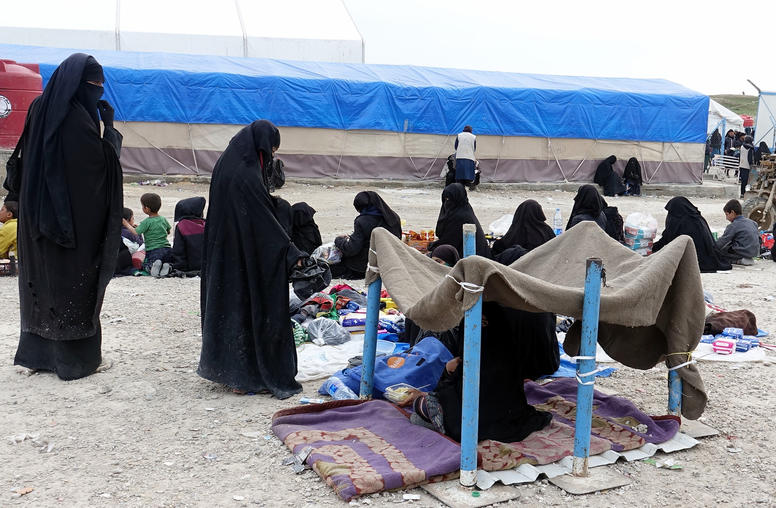
A Visit to Post-ISIS Syria: Human Crises Pose Risk
After losing its last territory in Syria on March 23, 2019, the Islamic State quickly reclaimed global attention with the Easter bombings in Sri Lanka on April 21 and a video tape of its reclusive leader, Abu Bakr al-Baghdadi, on April 29. The jihadi movement is now shifting focus to its ISIS branches, or “provinces,” in Africa, Asia and Europe. Baghdadi signaled ISIS’s expansion by formally embracing two Sunni extremist groups in Mali and Burkina Faso. But the Islamic State’s human core—more than 100,000 fighters and their families, including children—remains clustered in the rubble of its former “caliphate” in both Syria and Iraq. In Syria, they are detained in makeshift prisons, a hospital and refugee-style camps in the desert of northeastern Syria. USIP Senior Fellow Robin Wright made a rare tour of northeastern Syria to interview men and women who were part of the ISIS caliphate and to assess the risks posed by the post-caliphate crisis.